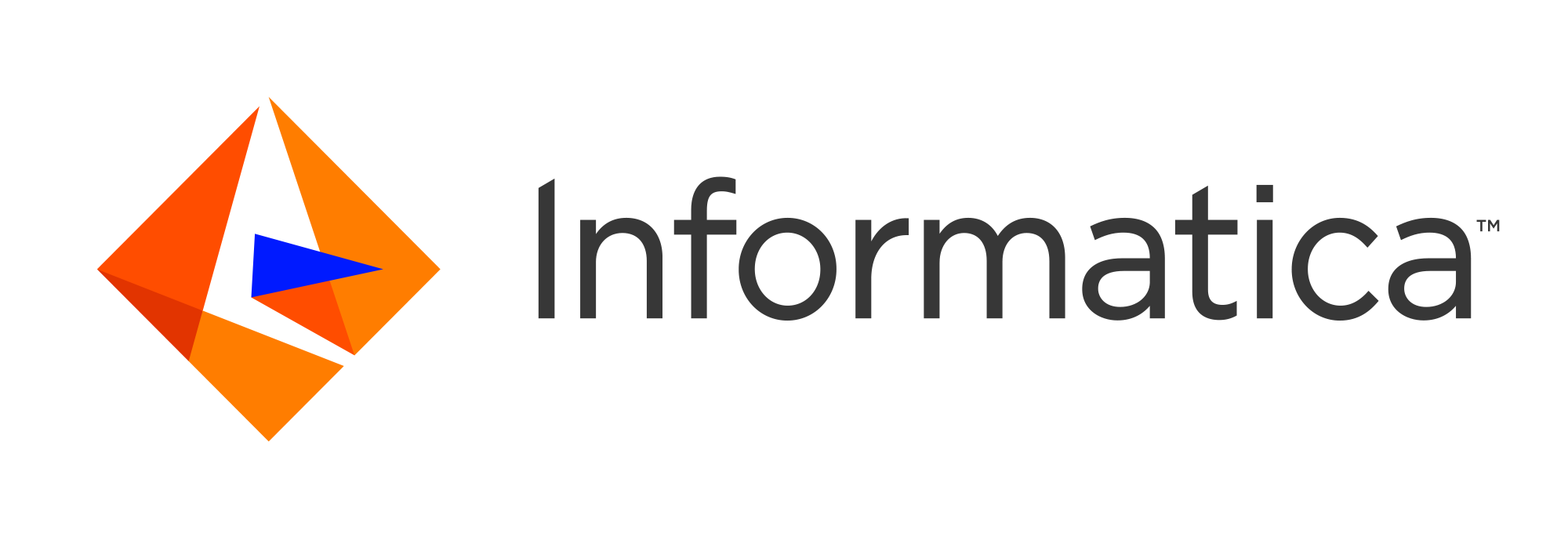
Ultra Messaging (Version 6.17)
Introduction
This document provides detailed reference information for the UM .NET API.
For policies and procedures related to Ultra Messaging Technical Support, see UM Support.
(C) Copyright 2004,2025 Informatica Inc. All Rights Reserved.
This software and documentation are provided only under a separate license agreement containing restrictions on use and disclosure. No part of this document may be reproduced or transmitted in any form, by any means (electronic, photocopying, recording or otherwise) without prior consent of Informatica LLC.
A current list of Informatica trademarks is available on the web at https://www.informatica.com/trademarks.html.
Portions of this software and/or documentation are subject to copyright held by third parties. Required third party notices are included with the product.
This software is protected by patents as detailed at https://www.informatica.com/legal/patents.html.
The information in this documentation is subject to change without notice. If you find any problems in this documentation, please report them to us in writing at Informatica LLC 2100 Seaport Blvd. Redwood City, CA 94063.
Informatica products are warranted according to the terms and conditions of the agreements under which they are provided.
INFORMATICA LLC PROVIDES THE INFORMATION IN THIS DOCUMENT "AS IS" WITHOUT WARRANTY OF ANY KIND, EXPRESS OR IMPLIED, INCLUDING WITHOUT ANY WARRANTIES OF MERCHANTABILITY, FITNESS FOR A PARTICULAR PURPOSE AND ANY WARRANTY OR CONDITION OF NON-INFRINGEMENT.
UM .NET API
To use the UM .NET API, you must access the UM C sharp library. This library accesses the UM native libraries. Note that the UM C sharp and native libraries are platform dependent and are contained in the platform-specific package.
.NET Standard
Prior to UM version 6.16, the UM .NET DLL was build as .NET Core for the Linux library and .NET Framework for the Windows library.
Starting with 6.16, both libraries are built as .NET Standard. This reduces the dependencies of the UM library, making it easier to integrate into a wider variety of applications.
This should not affect how the UM DLL can be used. I.e. the Windows DLL should still work with a .NET Framework application as well as a .NET Core application.
For a description of what is meant by .NET Standard, .NET Core, and .NET Framework, see the Microsoft article Demystifying .NET Core and .NET Standard.
Note that due to the differences in interpretation of a "long" integer between Linux and Windows, we are not able to provide a single, platform-independent DLL.
Application Callbacks in .NET
There are a variety of UM features that include the UM library calling back into the application. The most common example of this is the Receiver callback (sometimes named "onReceive").
It is important that the application callback not allow any unhandled exceptions to be thrown back into UM. For example, you might enclose your entire callback code in an enclosing try/catch. The application callback should always return normally into UM.
Using UM .NET on Windows
The "lbmcs.dll" package is a wrapper around the native UM library ("lbm.dll" for Windows).
The Windows "lbmcs.dll" library is specific to Windows. I.e. you are not able to use a single "lbmcs.dll" for both Windows and Linux. Also, there are separate packages for 32-bit vs. 64-bit Windows. We do not currently offer a single "Any CPU" version that is usable in both environments.
The .NET files for UM are located in the Windows package in the "...\bin\dotnet" folder. For example:
C:\Program Files\Informatica\UMS_6.17\Win2k-x86_64\bin\dotnet
To run .NET applications on Windows, the .NET framework needs to be able to find the native UM library, "lbm.dll". A typical way to accomplish this is to include the "bin" folder in the system PATH.
Using UM .NET on Linux
As of UM version 6.12.1, the Ultra Messaging .NET API can be used on the Linux 64-bit platform. Note that, as is the case with the Windows .NET API, the "lbmcs.dll" package is a wrapper around the native UM library ("liblbm.so" for Linux).
The Linux "lbmcs.dll" library is specific to Unix. I.e. you are not able to use a single "lbmcs.dll" for both Windows and Linux. However, your .NET applications should work transparently with either. You don't need to compile your applications separately for Windows and Linux.
The .NET package files for UM are located in the Linux package in the ".../bin/dotnet" directory. For example:
/um_home/UMS_6.17/Linux-glibc-2.17-x86_64/bin/dotnet
In there you will find the .NET DLL files for the API packages, and the compiled executables for the example applications.
To run .NET applications on Linux, the .NET framework needs to be able to find the native UM dynamic library, "liblbm.so". A typical way to accomplish this is to set the environment variable "LD_LIBRARY_PATH" to point at the UM library directory. For example:
LD_LIBRARY_PATH=/um_home/UMS_6.17/Linux-glibc-2.17-x86_64/lib export LD_LIBRARY_PATH
In there you will find the UM native libraries.
Making the Transition to Linux
It is beyond the scope of UM documentation to give general instruction on how to transition from a Windows .NET development and runtime environment to Linux. However, we are happy to provide some links to useful documentation:
- .NET Core: https://aka.ms/dotnet-docs.
- .NET Core command-line tools: https://aka.ms/dotnet-cli-docs.
- Supported Linux versions: https://docs.microsoft.com/en-us/dotnet/core/linux-prerequisites?tabs=netcore2x.
- Getting started with .NET on Linux: https://opensource.com/article/17/11/net-linux.
- .NET standard library: https://social.msdn.microsoft.com/Forums/vstudio/en-US/7035edc6-97fc-49ee-8eee-2fa4d040a63b.
